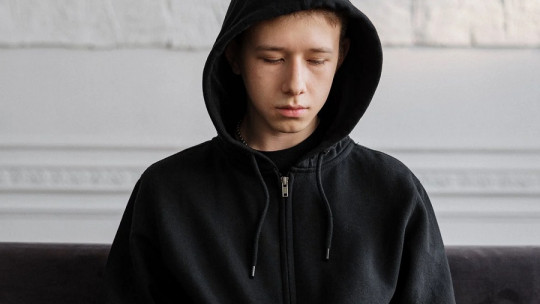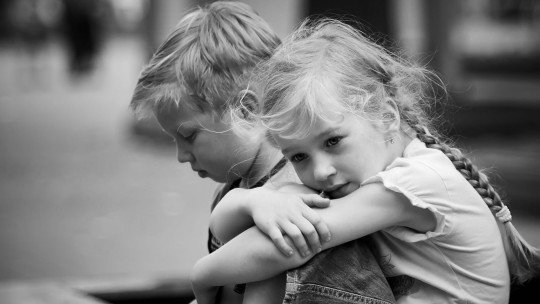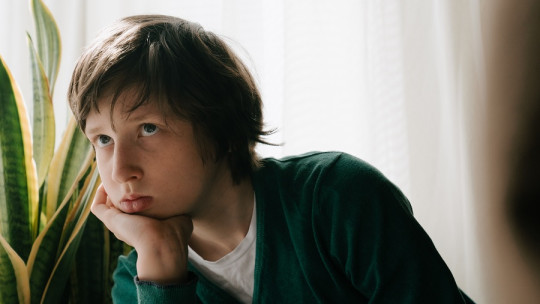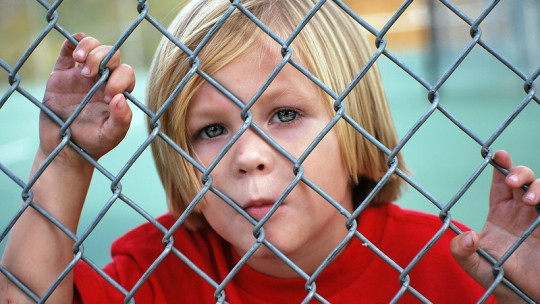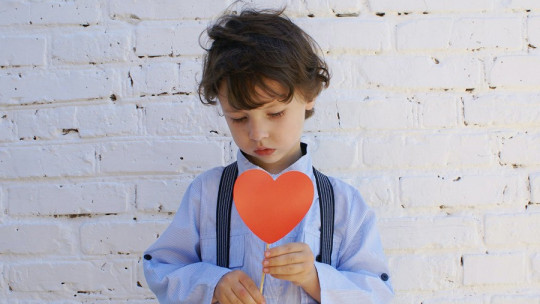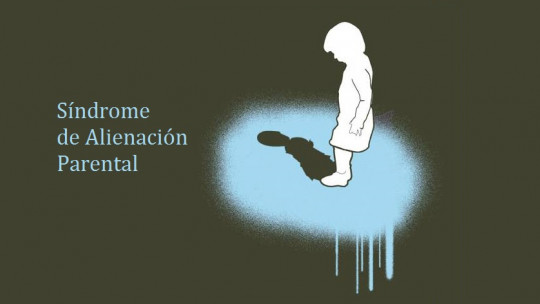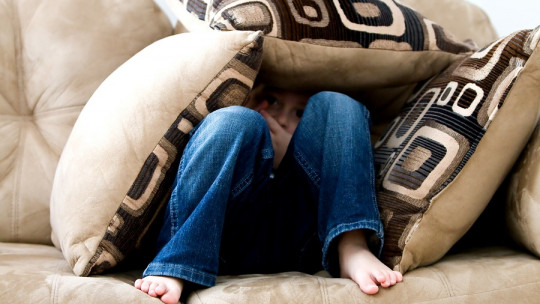If some childhood wounds affect us for life, then it is important to learn to live with them.
It is painful to accept that the people who have hurt us the most are our own parents Although school bullying, love disappointments, or emotional or material losses are potential emotional dangers that a human being can experience, the traumas caused by parents are so deep that they end up forming a wound of rejection accompanied by a feeling of inadequacy that can affect the child from childhood and throughout his or her adult life.
This is how we can see people who have been hurt by those who were supposed to protect them, care for them, love them, understand them and accept them as they are. Yes, them, their own parents, to whom we owe love, respect and admiration based on moral principles. Humans full of defects and wounds carrying another vulnerable human in their hands: your son.
The Psychological Impact of Bad Parenting Behavior
Some children realize something is wrong when they can compare their parents to their friends’ parents, not because the friends have a perfect home, but because they see affection and care in their family dynamics. A child does not understand economic or political issues, but he does know how to identify love and contempt.
When this child grows up and has the ability to see the emotional distance of his father or mother, that his parents’ unconditional love does not reach him, that he cannot have their acceptance, that he is not enough for them, he feels that there is a condition to be able to obtain the approval of your parents: consists of be someone different But not only changing some aspects of her life, it is changing as a whole, not being him or her.
This is something that a child cannot understand. Therefore, and in response, he feels guilt throughout most of his childhood. Since he cannot get his own parents to love him unconditionally, the child reaches the wrong conclusion and thinks that there is something wrong with him that he is wrong because his actions are rejected, he believes that perhaps he was born imperfect.
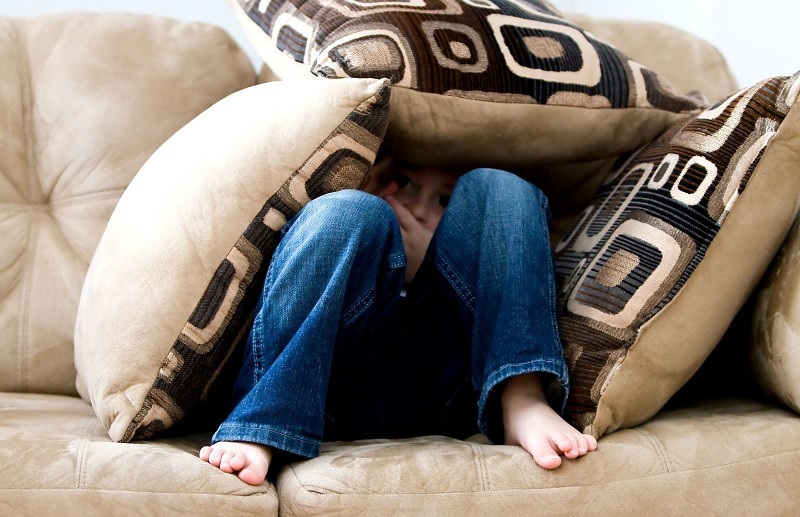
The psychological effects on the growth process
Unfortunately, when the young person decides to put emotional distance between him and his parents, there can already be a lot of damage. In his childhood he did not feel that secure attachment to his own family, he was always compared and evaluated with a constant result: being found wanting. Criticism was the order of the day. Phrases like: you are not capable, you are no good, you don’t know, you don’t understand… Trials with serious consequences that convinced the child that these assertions were true
That voice of comparison and disapproval stayed in his mind until he was an adult and possibly accompanies him to this day, even though he is no longer in his parents’ house. This learning of personal rejection remained from that painful childhood and Now these words are repeated and internalized in the form of self-criticism who disapproves, judges, compares, discourages and disables him. It is a feeling of personal inadequacy, hypervigilance and hypersensitivity to rejection.
Why is this happening? Because… How can you believe that someone can accept or believe that they can be good at their job or accept approval for themselves when their own parents didn’t do it for them? In cases like this the person cannot value himself personally, and these insecurities clip his wings
What about the cause?
But… Why are there harmful or toxic parents? Without justifying their behavior, we can analyze several causes that could lead some parents to act in this way.
The main one is the untreated psychological effects, wounds from their own childhood, repetition of their parents’ parenting styles with them…
Sometimes the problem is what that son or daughter represents to them, such as frustrated plans, failed personal projects, the meaning of a past love relationship or your own rejected inner child. Therefore, these adults became parents without resources.
This is why it is necessary for this young person or adult to seek professional help to begin to know their wound, to listen to it, understand it and decide not to continue seeing life through it, to choose to think and feel differently from the wound. It is a process in which you will have to work on self-esteem, anxiety and acceptance.

